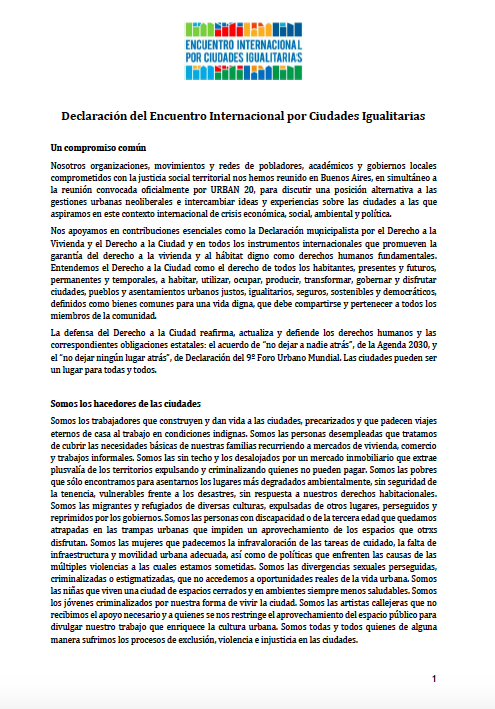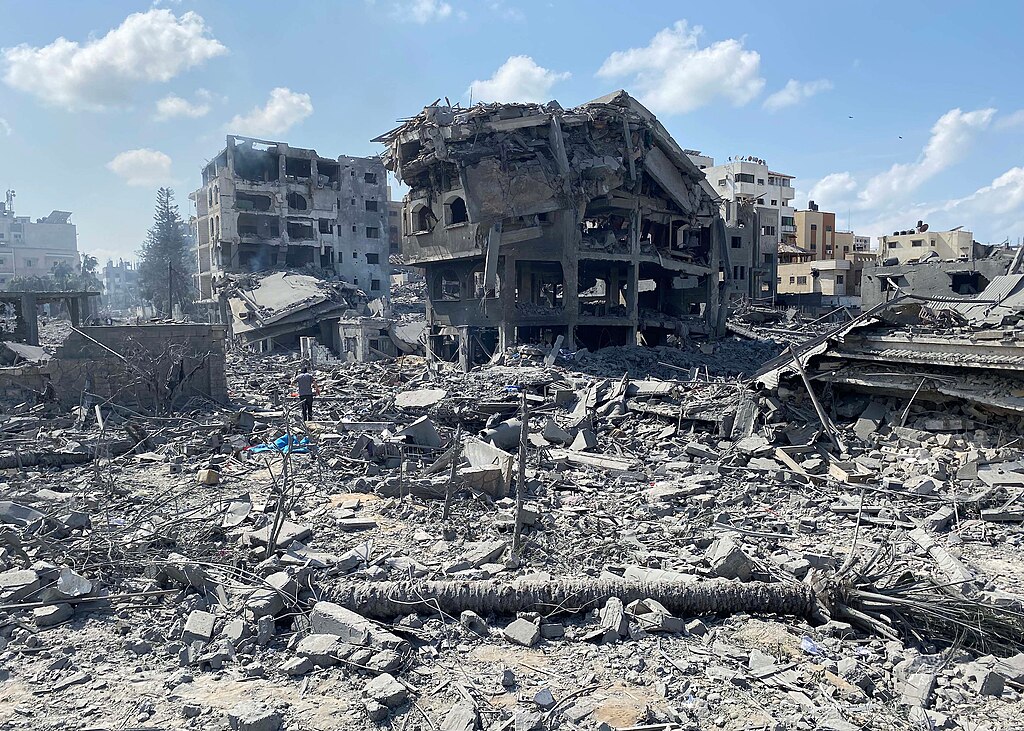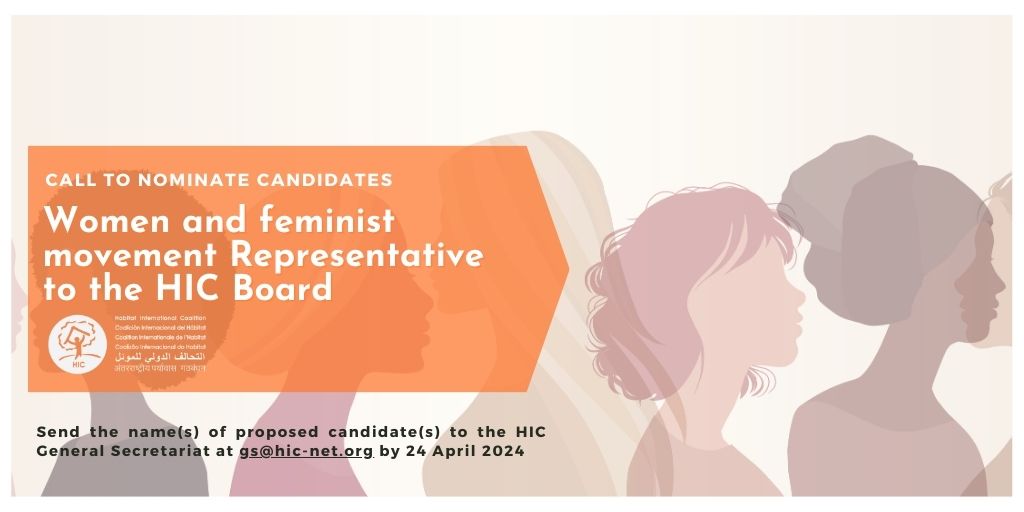Synopsis:
This course enables students to explore, discuss and analyze issues of economic, social and cultural rights (ESCR) as a constructed subcategory of human rights. Apart from the hierarchical notions of “generations” of rights that subordinate ESCR, this course treats ESCR in their nature as indivisible and interdependent with other constructed categories of rights. The curriculum covers the historical, theoretical and practical development of ESCR through their recognition in international law, including human right treaties and other international instruments, as well as domestic, regional and international jurisprudence. Specific rights such as the right to decent work, social security, an adequate standards of living, housing, food, health, education and culture are considered in light of the methodologies arising from these norms for State implementation and a range of related civil functions. “Emerging” rights and interpretations of ESCR will be featured in the course, especially in connection with treaty interpretation, actual cases and popular claims. Thus, the course emphasizes ESCR law in its practical dimension not only as a subject of theoretical standard setting and possible litigation, but, ultimately, as applicable tools of various trades that, like ESCR, comprise the daily experience of people everywhere.
Proceeding to the practical application of the rights, the course provides the tools for students to demonstrate how the norms provide a framework and method for monitoring, litigation, policy formulation and analysis, advocacy, project implementation, conflict resolution, cooperation with treaty bodies and other human rights mechanisms, preventive measures, law reform, as well as other means for the purpose of problem solving, remedy and reparations of victims of ESCR violations.
The curriculum follows a course from theory to practical application, whereby students have the chance to apply the rights to various real-world situations, including those related to gender, conflict/occupation/war, development, migration/displacement, privatization, urban social movements, rural contexts, minorities and indigenous peoples, among other essentially ESCR-based struggles.
To download the pdf containing the Objectives, methodology and materials, click here.




